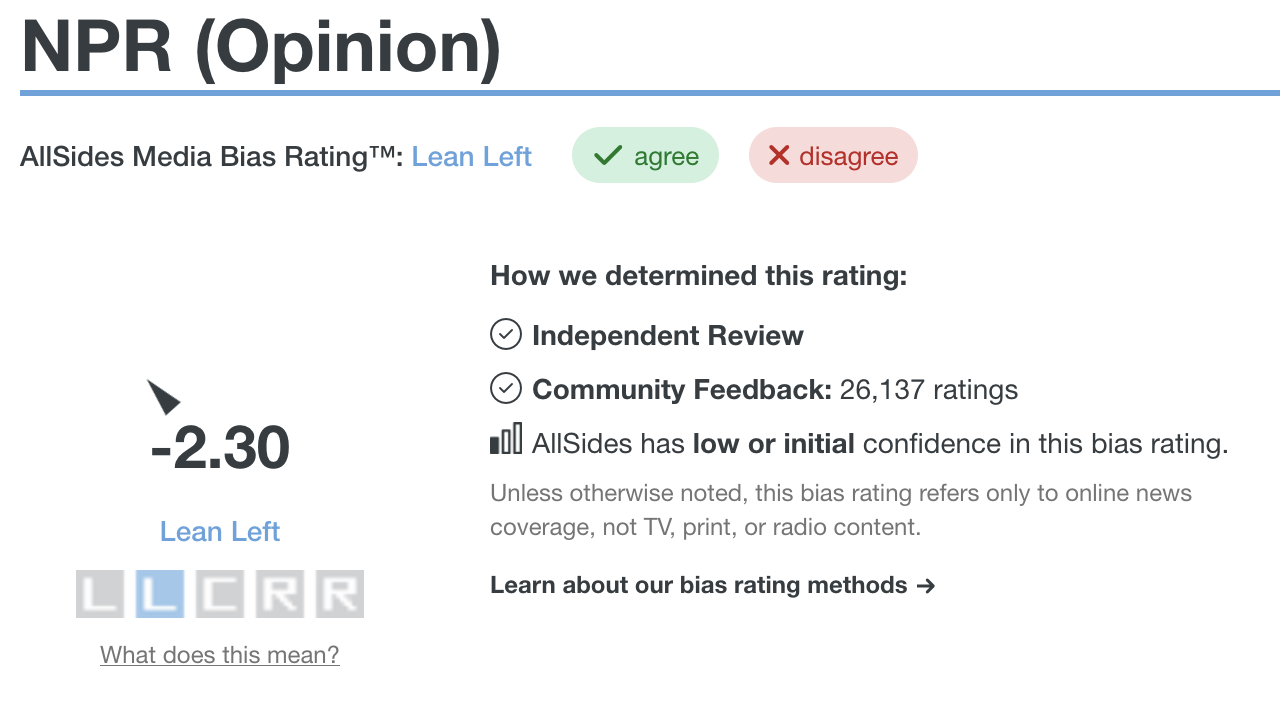I was pointed to this fascinating speech about the public broadcasting act by Lyndon Johnson in 1967. He described the Internet, and he highlighted the importance of public broadcasting to be neutral.
I’ll offer some excerpts:
It was in 1844 that Congress authorized $30,000 for the first telegraph line between Washington and Baltimore. Soon afterward, Samuel Morse sent a stream of dots and dashes over that line to a friend who was waiting. His message was brief and prophetic and it read: “What hath God wrought?”
Every one of us should feel the same awe and wonderment here today.
Today our problem is not making miracles–but managing miracles. We might well ponder a different question: What hath man wrought–and how will man use his inventions?
Finally–and most important–it builds a new institution: the Corporation for Public Broadcasting.
This Corporation will assist stations and producers who aim for the best in broadcasting good music, in broadcasting exciting plays, and in broadcasting reports on the whole fascinating range of human activity. It will try to prove that what educates can also be exciting.
It will get part of its support from our Government. But it will be carefully guarded from Government or from party control. It will be free, and it will be independent-and it will belong to all of our people.
Television is still a young invention. But we have learned already that it has immense–even revolutionary–power to change, to change our lives.
I hope that those who lead the Corporation will direct that power toward the great and not the trivial purposes.
But in weak or even in irresponsible hands, it could generate controversy without understanding; it could mislead as well as teach; it could appeal to passions rather than to reason.
If public television is to fulfill our hopes, then the Corporation must be representative, it must be responsible–and it must be long on enlightened leadership.
I intend to search this Nation to find men that I can nominate, men and women of outstanding ability, to this board of directors.
In 1862, the Morrill Act set aside lands in every State–lands which belonged to the people–and it set them aside in order to build the land-grant colleges of the Nation.
So today we rededicate a part of the airwaves–which belong to all the people–and we dedicate them for the enlightenment of all the people.
So I think we must consider new ways to build a great network for knowledge-not just a broadcast system, but one that employs every means of sending and of storing information that the individual can rise.
Think of the lives that this would change:
–the student in a small college could tap the resources of a great university.
–the country doctor getting help from a distant laboratory or a teaching hospital;
–a scholar in Atlanta might draw instantly on a library in New York;
–a famous teacher could reach with ideas and inspirations into some far-off classroom, so that no child need be neglected. Eventually, I think this electronic knowledge bank could be as valuable as the Federal Reserve Bank.
And such a system could involve other nations, too–it could involve them in a partnership to share knowledge and to thus enrich all mankind.
I have already asked my advisers to begin to explore the possibility of a network for knowledge–and then to draw up a suggested blueprint for it.
Here you can check for yourself how “carefully guarded from Government or from party control” NPR is:
It’s more left-wing than New York Times!
And here you can check how “men and women of outstanding ability, to this board of directors”:
It looks like a big bunch of back-slapping insiders with very few accomplished people who could bring the scrutiny and perspective from the outside.
In my experience, NPR is the greatest source of extremist left-wing bias and mind control. We need to bring Democrat Lydon B. Johnson’s vision back. We also need to ensure that universities who benefitted from the Morrill act to be representative of the nation, not of one side’s political activists.
